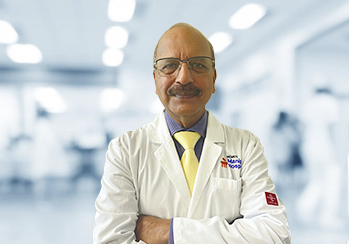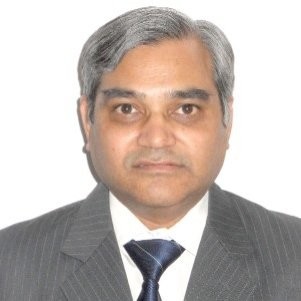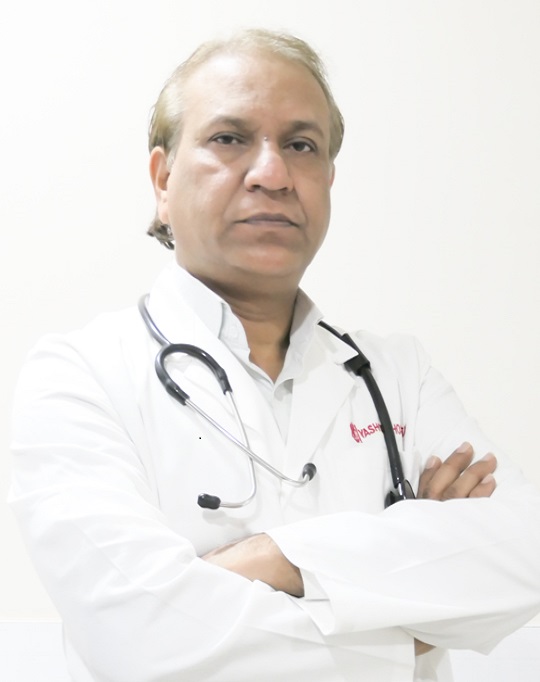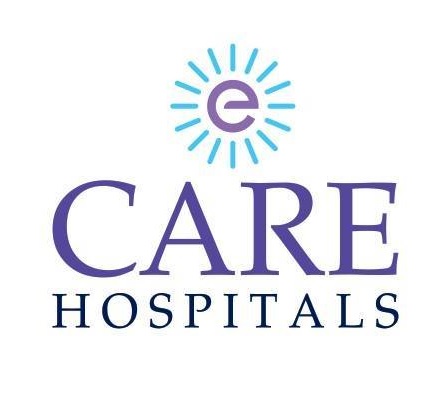Treatment of Vocal Cord Paralysis
The treatment for vocal cord paralysis varies depending on the onset and severity of your symptoms. Sometimes, your condition may improve without surgical intervention. However, more severe vocal cord paralysis that causes difficulty swallowing may require surgery.
Non-Surgical Treatments
Voice Therapy: Sometimes, vocal cord paralysis gets better on its own within a year. This is why doctors recommend voice therapy before surgery. It aims at restoring the communication between your brain and the larynx. The voice therapy sessions include special exercises to strengthen your vocal cords, protect the airway during swallowing, and improve breath and muscle control during speech.
Surgical Treatments
The doctor may recommend surgery if your condition does not completely improve with voice therapy.
Vocal cord injection: Vocal cord paralysis can result in the thinning and weakening of the vocal cord muscle. The doctor will inject a filler substance like collagen into your vocal cord to make the paralysed cord bulkier. The added bulk brings the paralysed vocal cord closer to the voice box, closing the gap between your vocal cords.
Silicon implants: Also known as laryngeal framework surgery, thyroplasty, or medialisation laryngoplasty, the procedure involves using silicone implants in the voice box to reposition the vocal cord. The surgery requires only a small incision in the neck and is most commonly performed in older children or adults.
Reinnervation (replacing the damaged nerve): The surgeon moves a healthy nerve from a different neck region to replace the damaged nerve in the voice box. Your voice may get better six to nine months after the procedure. Mostly helpful in children, the surgeon may decide to combine this procedure with a vocal cord injection.
Vocal cord repositioning: Also known as phonosurgery, the surgery involves moving a window of your tissue inward from outside the larynx. It pushes the paralysed vocal cord in the middle of the voice box, allowing the normal vocal cord to vibrate against the paralysed one. The surgery helps produce sound through your larynx and breathe and swallow easily.
Tracheotomy: The surgeon will perform a tracheotomy when both your vocal cords are paralysed. Closely positioned paralysed cords can decrease your airflow, causing breathing troubles. The surgery involves an incision in the front of your neck to insert a breathing tube in the windpipe (trachea). The tube opens the airway and enables you to breathe. It is performed only when your paralysed vocal cords prevent you from swallowing, breathing, or coughing, increasing your risk of suffocation.
Please Note: The treatment approach is selected based on the severity of your vocal cord paralysis and your doctor’s opinion.


























